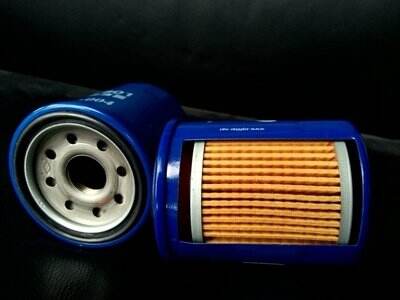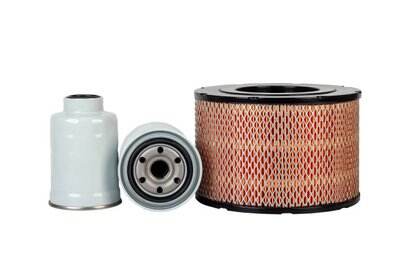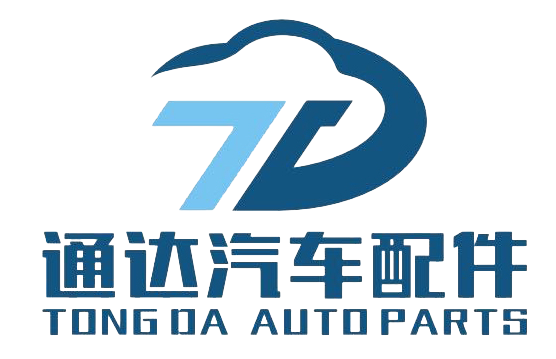ऑटोमोटिव फ़िल्टर प्रौद्योगिकी का विकास भारत
ऑटोमोटिव फ़िल्टर प्रौद्योगिकी का विकास
Automotive filter technology has continuously developed over the past few decades to meet increasingly stringent emission regulations and the need to improve engine performance. Here are some key development trends and technological innovations:
1. कुशल फ़िल्टरिंग सामग्री
Modern filters use more efficient filtering materials, such as synthetic fibers and nanofibers. These materials can capture smaller particles while maintaining lower airflow resistance, improving engine efficiency.
2. Multi layer filtering structure
The multi-layer filtering structure can significantly improve the filtering effect of the filter. Usually, the first layer is used to capture larger particles, while the subsequent layers are used to filter out finer impurities. This design not only extends the service life of the filter, but also improves the filtration accuracy.

3. Activated carbon technology
Some air filters have added activated carbon layers, which can effectively remove odors and harmful gases such as ozone, nitrogen oxides, and volatile organic compounds (VOCs) from the air. This technology has significant advantages in improving the air quality inside the car.
4. Intelligent sensors and monitoring systems
Modern filters are beginning to integrate intelligent sensors and monitoring systems, which can monitor the status and performance of filters in real time. When the filter needs to be replaced, the system will automatically remind the car owner. This intelligent management method not only improves maintenance efficiency, but also avoids engine damage caused by filter failure.
5. Environmental design
With the increasing awareness of environmental protection, the design of filters also pays more attention to environmental protection. For example, using renewable materials to manufacture filters can reduce their impact on the environment. In addition, some filters are designed in a detachable and washable form, which extends their service life and reduces waste generation.
6. High temperature and high pressure tolerance
In order to adapt to the high temperature and high pressure environment of modern engines, filter materials and structures have been continuously improved to have higher heat resistance and pressure resistance. These improvements ensure that the filter can maintain excellent performance even under extreme conditions.

भविष्य की संभावनाएं
With the continuous development of the automotive industry, filter technology will continue to advance. In the future, more innovative materials and intelligent technologies may emerge to further enhance the performance and ease of use of filters. Meanwhile, with the popularity of electric and hybrid vehicles, specialized filter technology for these new power systems will also become a focus of research and development.
In short, the development of automotive filter technology not only improves the performance and lifespan of engines, but also provides new solutions for environmental protection and intelligent management

 EN
EN







































